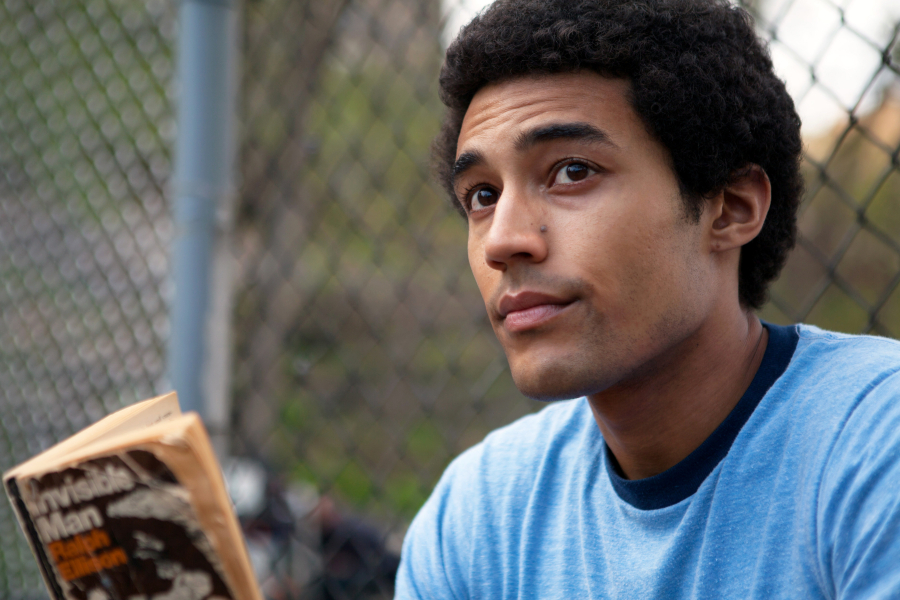Remarkably, two movies have come out this year about the young adulthood of Barack Obama. Even more remarkably, they’re both terrific.
Last summer, Richard Tanne wrote and directed “Southside With You,” a speculative but utterly convincing day-in-the-life drama about Obama’s first date with a law-office mentor named Michelle Robinson. With “Barry,” director Vikram Gandhi visits Obama’s life a few years earlier, when he was a student at Columbia University.
As “Barry” opens, the title character is on a plane over Manhattan, reading a letter from his estranged father, who has spent most of his son’s life in Kenya. Having grown up in Hawaii, reared for the most part by white grandparents, Barack Obama — known as Barry to his family and friends — receives a rough, intimidating impression of New York.
After being forced to sleep outdoors his first night in town, he gains access to the apartment he will share with easygoing Will (Ellar Coltrane) and his coked-up landlord, a motor-mouthed Pakistani named Saleem (Avi Nash). Barry plunges into his studies, New York street life and self-exploration.
The chief foil for Barry’s explorations is Charlotte (Anya Taylor-Joy), an exuberant, openhearted student whom screenwriter Adam Mansbach has created as a composite of the white women Obama dated in college. When Barry meets Charlotte’s parents, a startling encounter in the Yale Club men’s room reminds him of his persistent sense of not belonging.
Australian actor Devon Terrell delivers a persuasive, ultimately affecting portrayal of a future statesman who, while still in his 20s, was going through a period of geographical and psychic dispossession — a painful moment underscored by the arrival of his sharp-witted mother Ann (Ashley Judd), whose larger-than-life personality gives “Barry” a jolt of energy. Although “Barry” takes a page from “Southside With You” in using Obama’s relationships with women as a conceit for his internal struggles, structurally this is the more expansive, layered film.
Of course “Barry” takes place in 1981, just as concepts of political correctness, identity politics and privilege were taking hold in campus culture. If they’re not explicitly invoked, those debates are anticipated in a carefully observed movie that, while clearly well grounded in Obama’s own books and recollections, uses creative license to convey more subtle truths about resisting reductive, existentially stifling labels.



